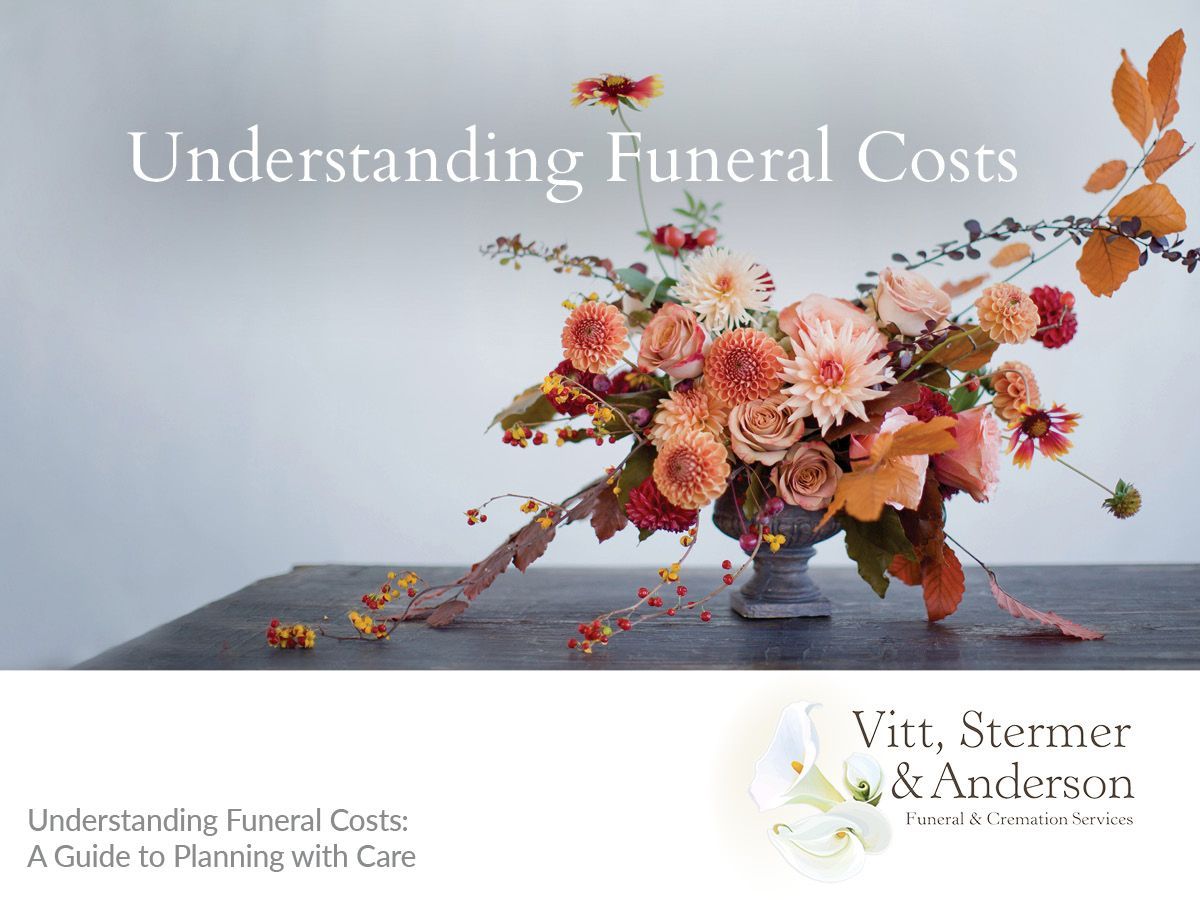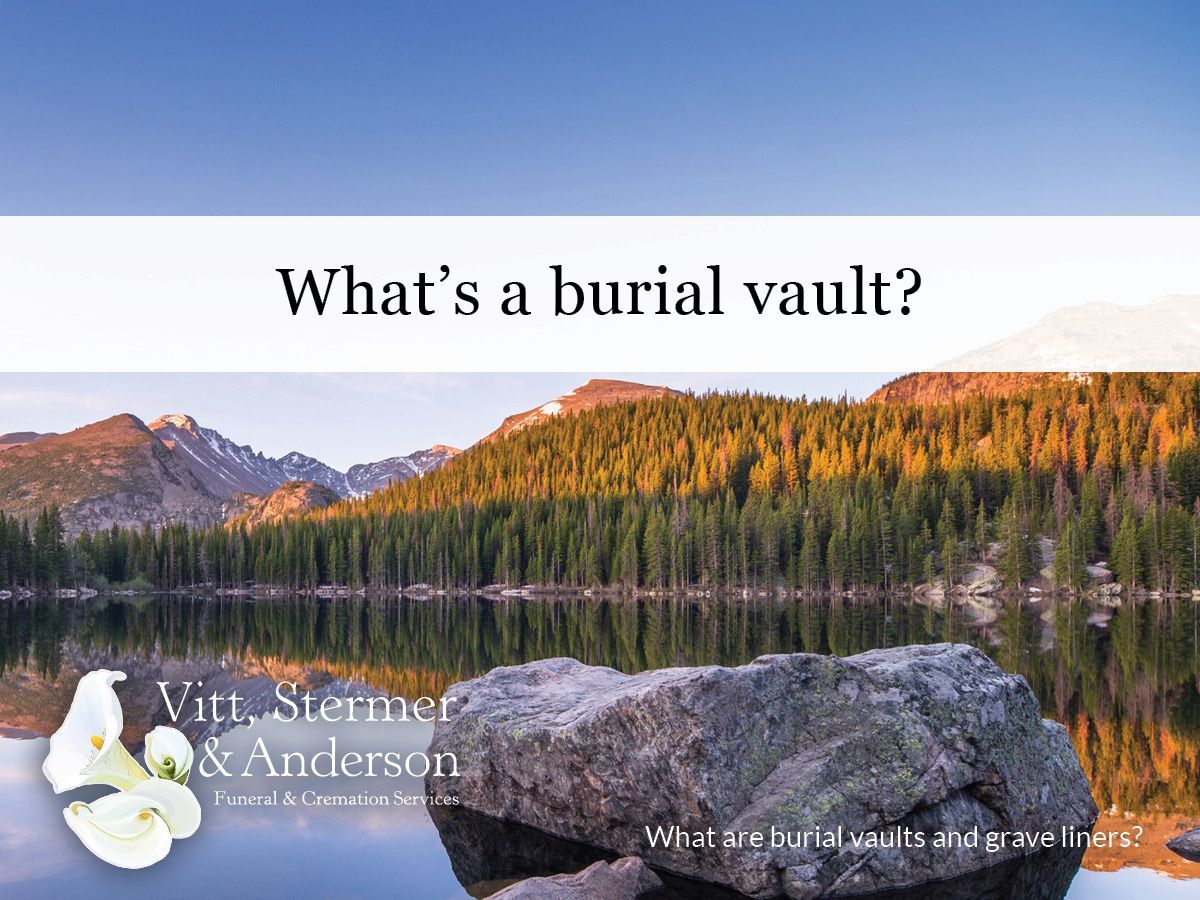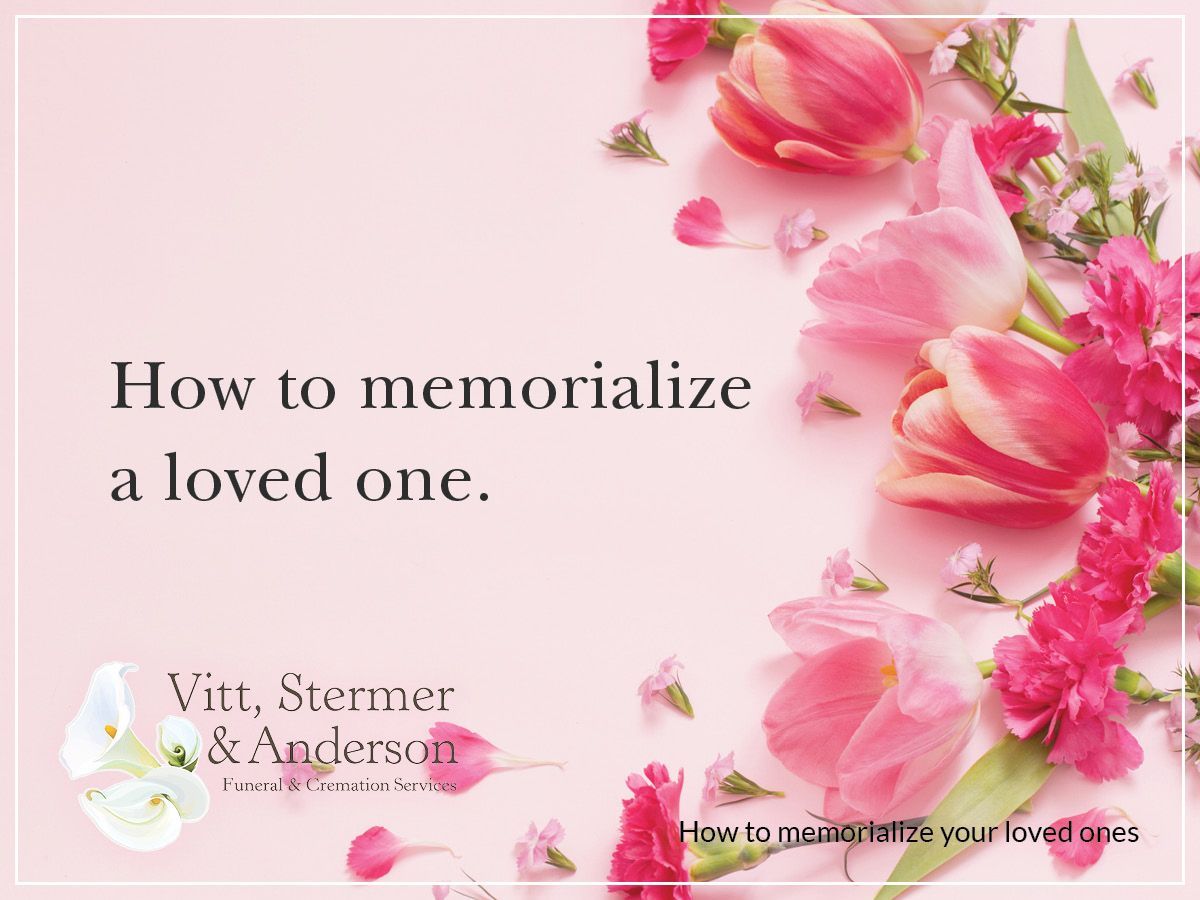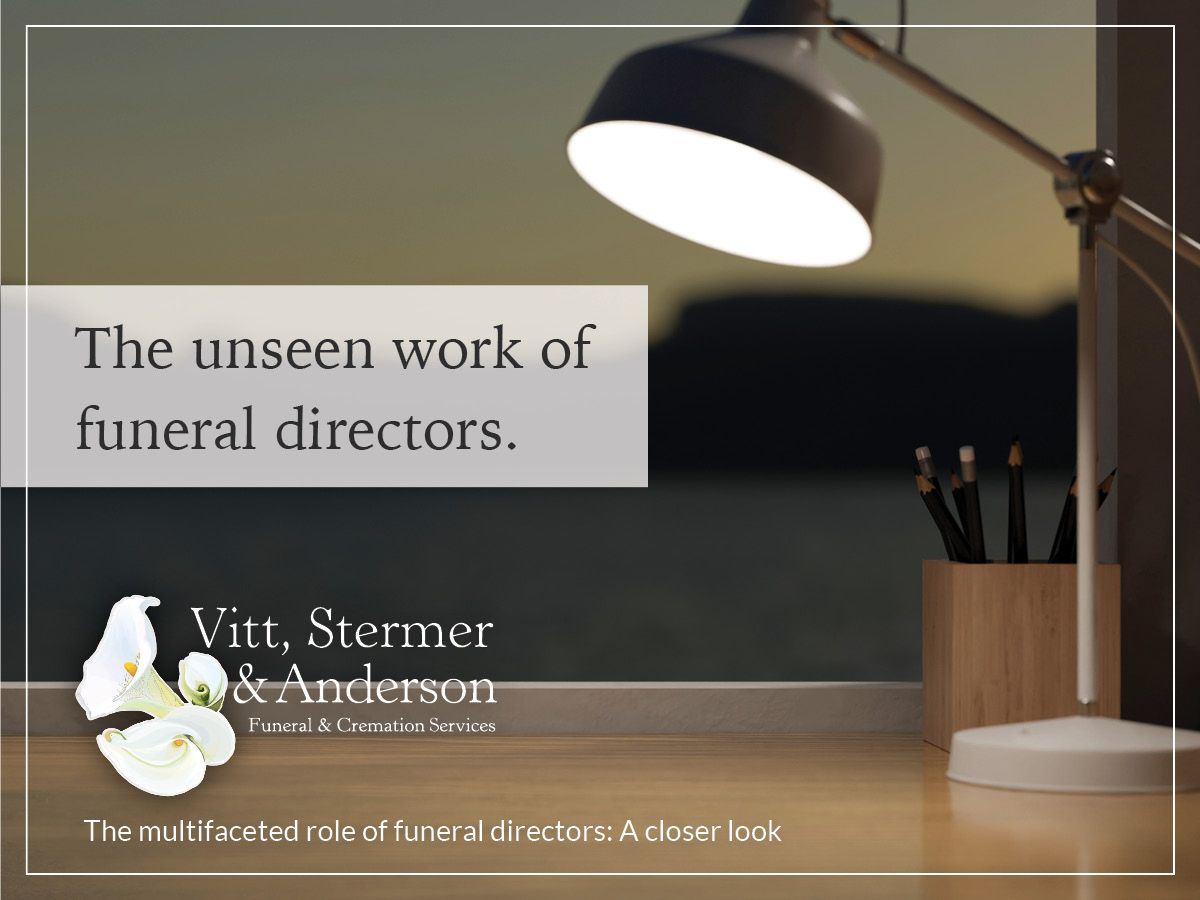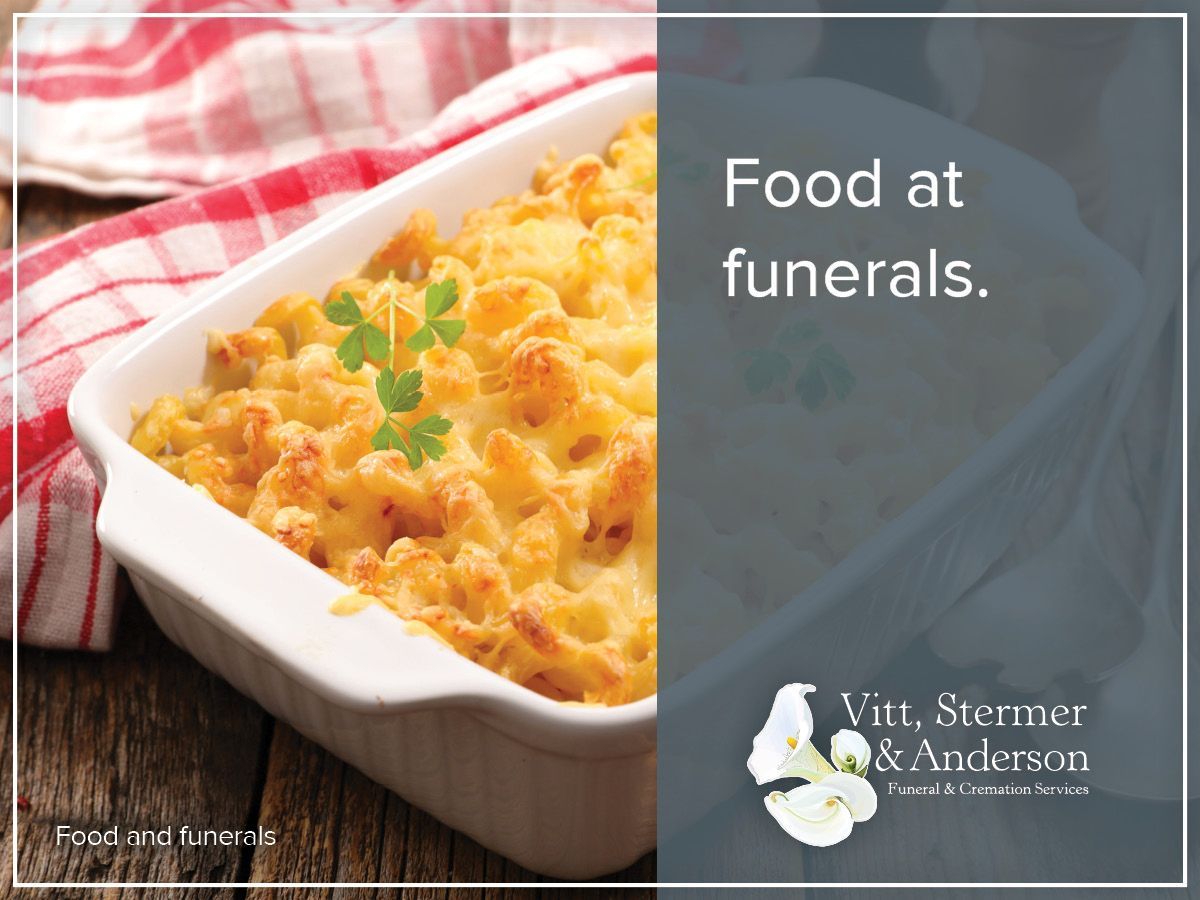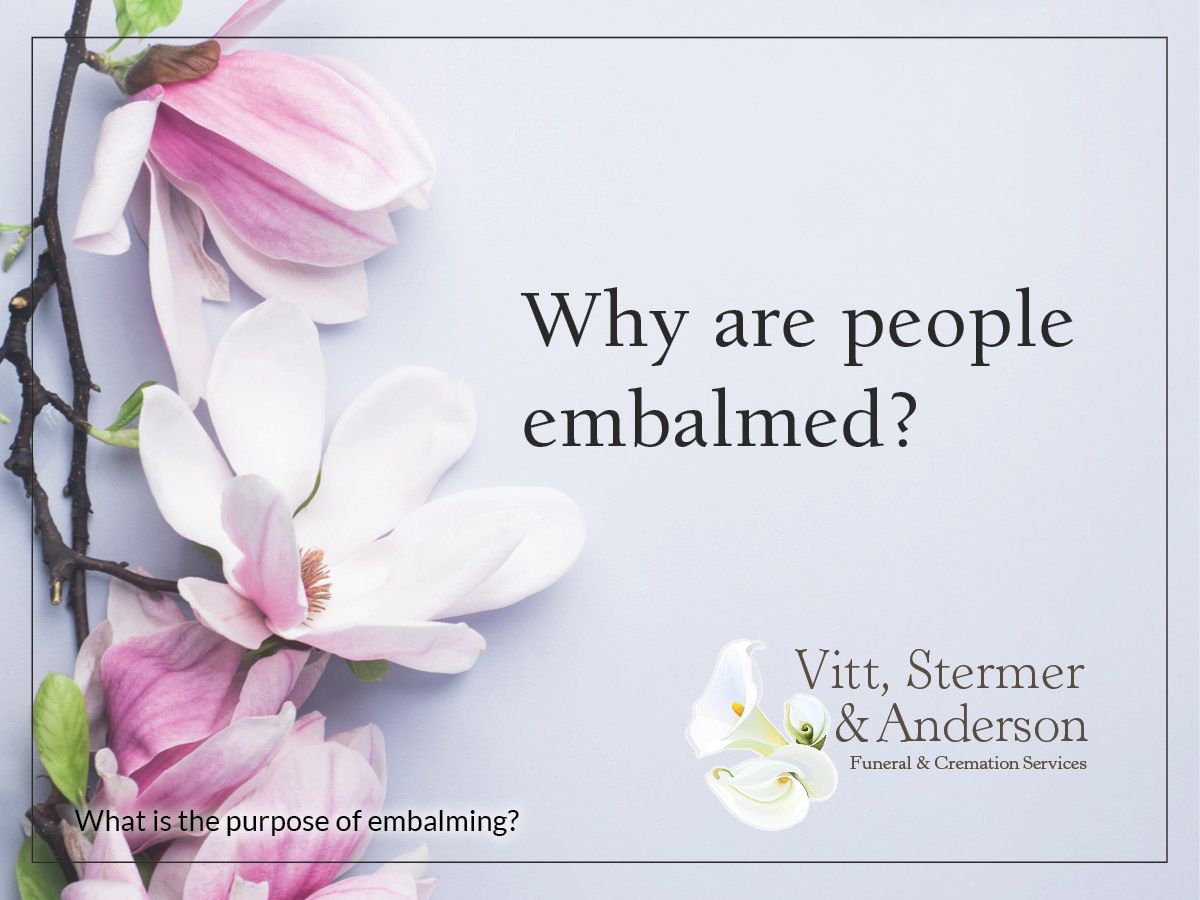Deciding Between Burial and Cremation
First, take a deep breath, there is no wrong decision. Burial and cremation are just different means to the same end. The end is decomposition of the human body. The shell that for a lifetime housed a soul.
One is quick - cremation. The other is slow - burial. Aside from religious dictates, your choice is a personal matter. Whichever you choose will be just fine. Today about half of the people choose cremation and half choose burial. Some choose both. They are cremated and have their cremated remains buried.
Regardless of what you decide your choice will be inclusive. You can celebrate the life that was lived, honor your faith, and bring family and friends together with either cremation or burial.
Begin the decision-making process by taking some time to talk with close family members. Regardless of whether you are deciding for yourself in advance, or for a family member who has just passed, you’ll want to consider these three things:
1. Your family and their values and needs
How do the close family members feel about burial and cremation? When all is said and done close family members need to be comfortable with the choice. Grief is hard enough when everyone has peace of mind regarding the mode of final disposition. Nagging doubts should be avoided if possible. Some people are not comfortable with burial and an equal number are uneasy with the process of cremation. When evaluating the cremation or burial question it is important to remember the body will be without feeling. The spirit or soul is gone. The body will not feel heat or cold or damp. Either burial or cremation can be carried out in a respectful dignified manner.
Consider the family’s established tradition. Does your family typically bury or cremate? How strong are the ties to this tradition? Will a break from tradition create a burden for any of the family members? There are few times in life that are more emotionally charged than when a loved one has died. Regardless of which has been a family’s tradition, burial or cremation, it will be of value to determine how important adhering to the tradition will be to those close to the person who died.
2. The values and beliefs of the person who died
When final disposition was not decided and communicated to all close family members by the person who died before death, the decision is left to the family. This can create uncertainty. Over the course of a lifetime the deceased may have expressed an interest in either burial or cremation or likely as not BOTH. A daughter heard mom say she was saddened when her friend was “just cremated” and there was no service. Perhaps the daughter thinks mom would never want to be cremated. A son may have been told by his father that his friend would “roll over in his grave” if he knew how much his wife spent on the funeral. What does that mean? Does it mean he does not want a funeral? Or does it mean he doesn’t want the family to overspend?
To add to the conundrum everyone wants to do whatever the one who has died would have wanted. If you find yourself in the position of trying to sort out what to do for a loved one who has just died you will just have to do your best. Talk it out with your close family members. Be kind to each other. Listen. Try your best to find a solution that includes what is most important to each of the family members.
If you are deciding for yourself and grappling with the decision of whether to be buried or cremated and need help with the decision, call your funeral director and ask for help. All funeral homes have a person on staff who can explain the options and help you find the solution that works for you and your family. There is typically no cost for a planning session.
3. Decide what is “cost-effective” for your family
Cost-effective is not the same as cheap. Cost-effective is a balance. It is a place where what you spend meets what your heart desires. You get what you need and are not left with a financial burden. Think of it like buying a pair of shoes. A lot depends on what’s important to you. Are you going hiking or dancing? You most likely have a list of considerations that you will weigh before making your purchase decision. Only one of them is cost. If cost is the only driver in your decision - if you go for the least expensive foot covering - you just might find yourself on a painful sock footed hike! Cost-effective feels good. Cheapest may not.
Burial or cremation can be cost effective. Cremation can eliminate the need for some products and services which eliminates some costs. Once you have gotten in touch with the family’s values and the individual values of the person who has died, or if you are planning for yourself, your own values, establish a budget that will feel like money well spent. Talk with your funeral director. Share both your heart’s desires and your budget. Let your funeral director help you find the solution that is right for your family.
When planning for yourself the most important thing is to decide and communicate your decision clearly to all who will be impacted when you die. Avoid leaving your family without a clear, well thought out direction.

